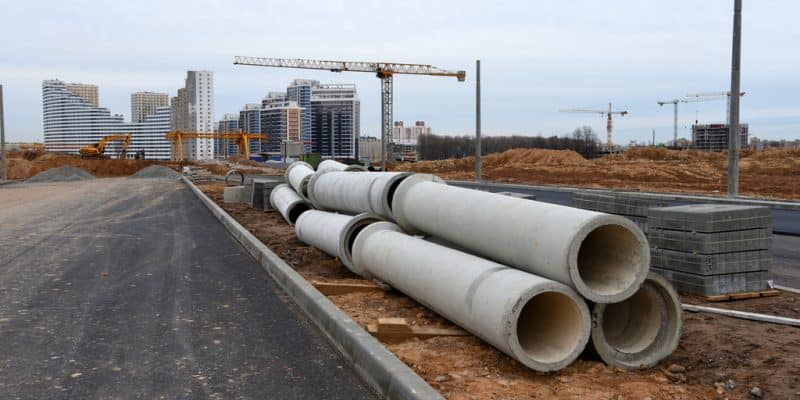The government of Cameroon has set the launch date of the Yaounde Complementary Sanitation Project (PCADY) for 2023. The information comes from the Cameroonian Minister of Housing and Urban Development, Célestine Ketcha Courtès.
The Yaounde Supplementary Sanitation Project (PCADY) will finally be launched in 2023. The information, which comes from the Cameroonian Minister of Housing and Urban Development, Célestine Ketcha Courtès, follows the granting in December 2021 of a loan of 38.55 million dollars by the African Development Bank (AfDB). The implementation of PCADY is expected to cost $42.84 million.
According to Minister Célestine Ketcha Courtès, the signing of various contracts for the implementation of the project is underway. Overall, the project aims to reduce flooding and improve the fluidity of urban traffic in the political capital Yaoundé, through the construction of a flood control basin and a canal on the Djoungolo River. A canal will also be built opposite the municipal roadway (on Avenue Charles Atangana, editor’s note) connecting the Mingoa River canal to the Mfoundi River.
Improving the living conditions of 3 million inhabitants
The PCADY also aims to reinforce and widen the roads along the banks of the canal built on the Abiergue River, and to rehabilitate the Mfoundi street giving access to the eponymous market, which was damaged during the construction of the canal.
Also read – CAMEROON: concern over increased flooding
The safety of the nearly 3 million inhabitants of the city of Yaoundé will also be ensured by the installation of public toilets to reduce open defecation, which is the cause of water-borne diseases, as well as the deployment of waste bins. At the end of the project, the staff of the technical ministries, municipalities and other stakeholders in the pre-collection and recovery of waste will benefit from capacity building workshops for better management of equipment, as well as institutional support.
Inès Magoum







